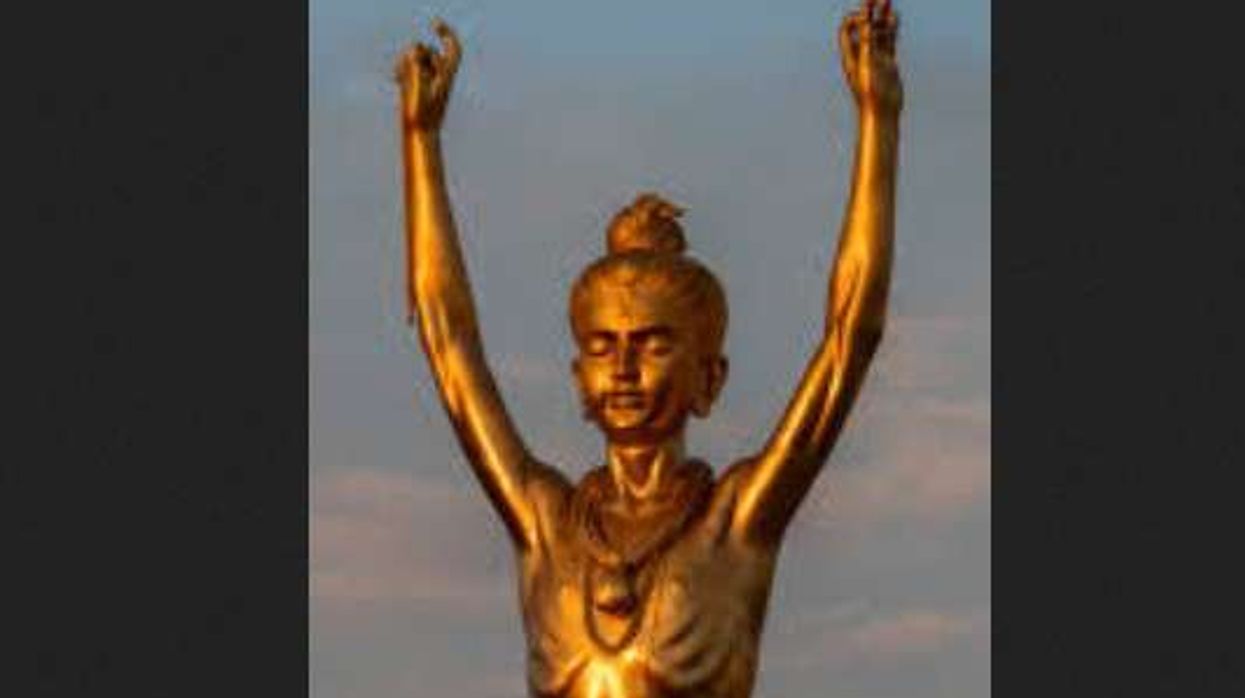A study of 400 hospital patients in the UK has revealed that air pollution, overcrowded and poor-standard homes are linked to severe impact of Covid-19 on people from minority ethnic groups.
People from areas of environmental and housing deprivation were twice as likely to arrive at hospital with more severe coronavirus symptoms and to be admitted to intensive care units (ITU), The Guardian reported, quoting the study, which was the first of its kind.
In the UK, minority ethnic groups account for 34 per cent of critically ill Covid-19 patientsdespite constituting just 14 per cent of the population.
Doctors praised the study but cautioned it has yet to be formally reviewed by other scientists and that additional, detailed studies in other areas are urgently needed, the report said.
The study also found patients from ethnic minorities were on average 10 years younger than the white patients.
The study further said that, patients of black, Asian and minority ethnicity (BAME) are more likely to be admitted from regions of highest air pollution, housing quality and household overcrowding deprivation.
The study followed 400 Covid-19 patients admitted to the Queen Elizabeth hospital in Birmingham. Two-thirds of the patients listed their ethnicity as white, 21 per cent as Asian/Asian British and seven per cent were Black/African/Caribbean.
The analysis used deprivation data from the English Indices of Deprivation 2019 report published by the government. This divides the country into 33,000 small areas, containing an average of 650 households.
The study, which has been submitted to a medical journal and made available online, followed 400 Covid-19 patients admitted to the Queen Elizabeth hospital in Birmingham. Two-thirds of the patients listed their ethnicity as “white”, 21% as “Asian/Asian British” and 7% were “Black/African/Caribbean”.
The analysis used deprivation data from the English Indices of Deprivation 2019 report published by the government. This divides the country into 33,000 small areas, containing an average of 650 households. Among the seven measures of deprivation are 'living environment', which comprises air pollution, housing in poor condition and road traffic accidents.
“It’s no surprise that people living in poor areas and poor housing do badly in a pandemic. It’s been true since the Black Death and this reaffirms the importance of deprivation in influencing the pattern of disease," said David Thickett, professor of respiratory medicine at the University of Birmingham and one of the study team.
"The public health message of the new study was better targeting of social distancing and handwashing advice to people in deprived areas and particularly those living in large households. I don’t think there was very good engagement with ethnically diverse populations, particularly in terms of language barriers."
Air pollution and household overcrowding were already known to be associated with higher rates of community-acquired pneumonia and the worst air pollution levels are in neighbourhoods with a high population of minority ethnic residents.
Prof Jonathan Grigg, of Queen Mary, University of London has said that the study was in line with his research showing exposure to air pollution increases the number of the ACE2 receptors that the coronavirus hijacks to enter the body.












